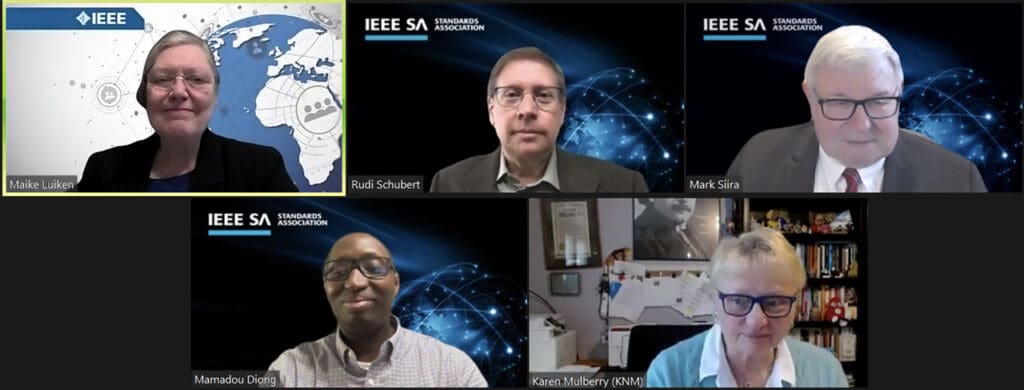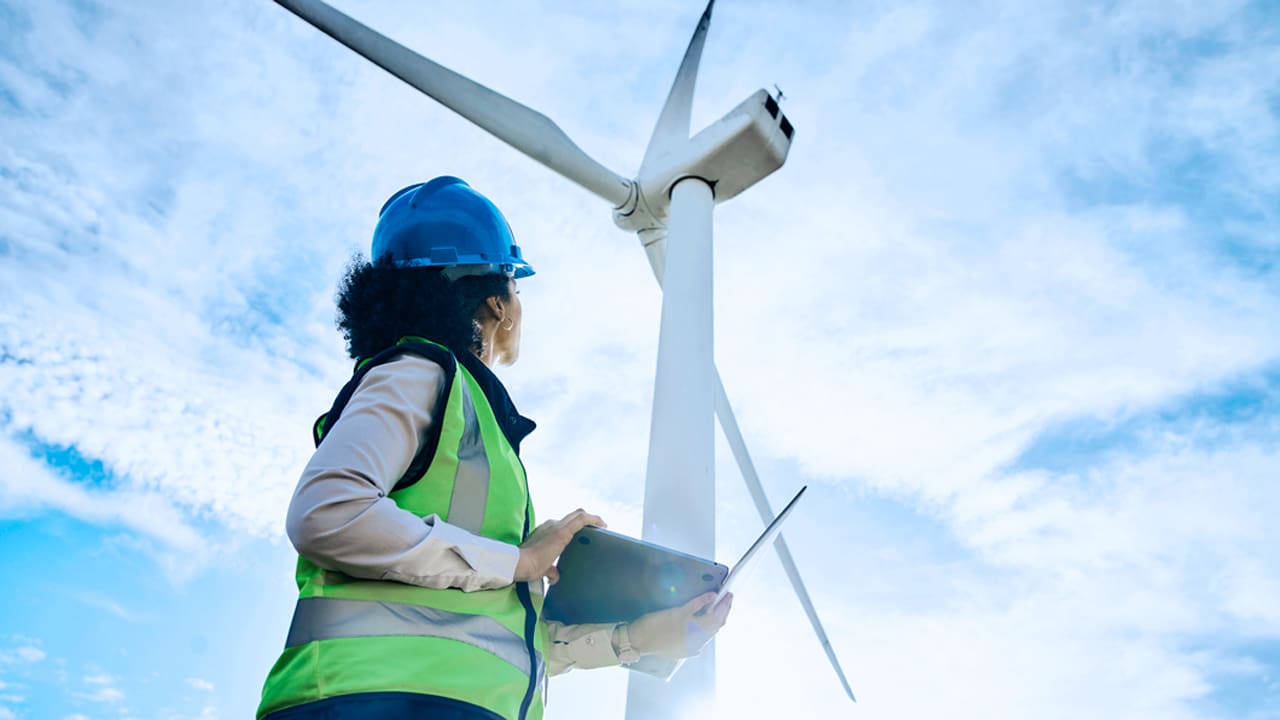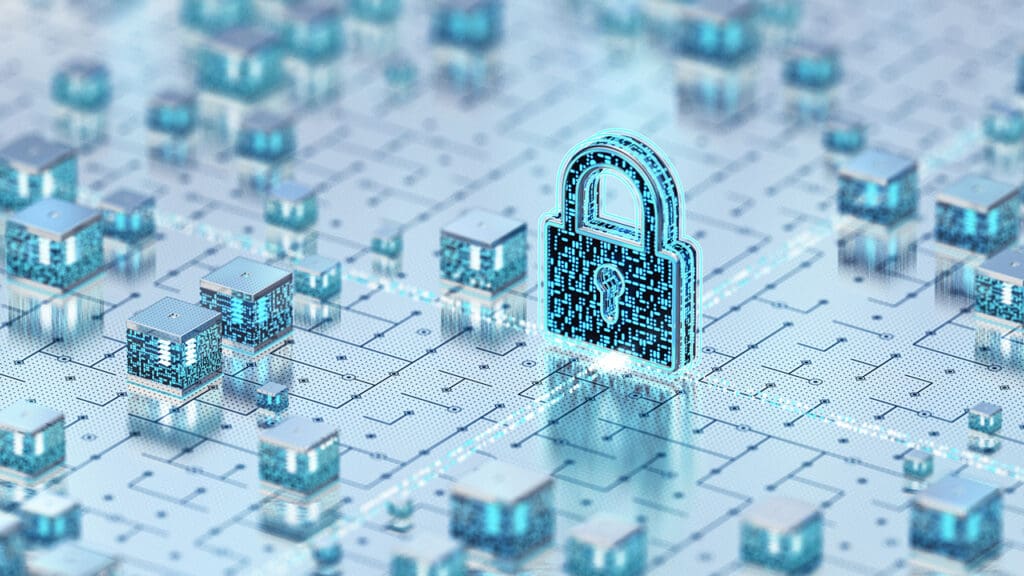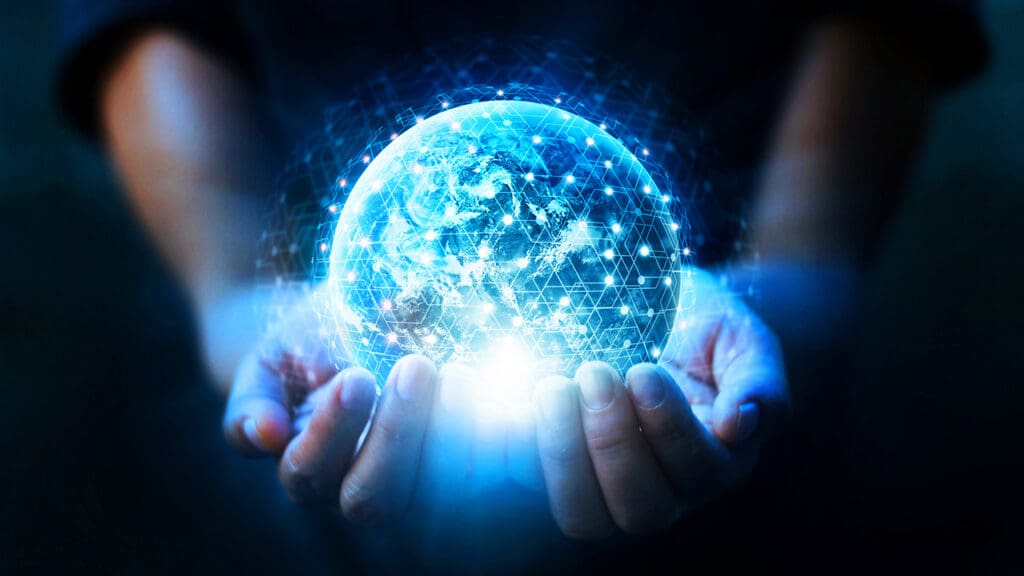The 9th Multi-stakeholder Forum on Science, Technology, and Innovation (STI) for the Sustainable Development Goals met 09-10 May 2024. The theme for the 2024 Forum was “Science, Technology and Innovation for Reinforcing the 2030 Agenda and Eradicating Poverty in Times of Multiple Crises: the Effective Delivery of Sustainable, Resilient and Innovative Solutions”.
IEEE SA organized a side event as part of the STI Forum on “Powering Progress: Sustainable and Renewable Energy Solutions”, which covered sustainable energy and the role that technology has in delivering innovative approaches and solutions to address climate change, mitigate its impacts, and to support the SDGs. The session focused on the work engineers are doing currently to address the challenges and risks to energy generation and storage, along with benefits that can be leveraged through the use of technologies such as AI in creating an energy efficient smart infrastructure that meets zero carbon goals. It also discussed the collaborative opportunities created through standards development and other open consensus-building communities to develop reliable forms of energy for applications, such as the development of infrastructure to support electrification and sustainable transport, among others.
Karen Mulberry opened the session with Rudi Schubert from IEEE SA alongside featured speakers Mark Siira, Mamadou Diong and Maike Luiken.

Mark spoke on energy-related standards and their importance in electric power systems, emphasizing the role interoperability standards play in providing economic value through power system controls. Mark noted the value of collaborative standards development to provide clarity and uniformity in support of interoperability between power generation systems. Finally, he touched on the ongoing efforts to evaluate opportunities for grid-forming inverters and to provide support via standards for remote power systems.
Mamadou covered the electric power system and highlighted current standards that are used to provide reliable, sustainable energy solutions. He also addressed the evolution of power systems, noting the interoperability and interconnection challenges that are being addressed through the work of various IEEE standards committees. Finally, he covered the rising importance of addressing cybersecurity within interconnected power systems.
Maike introduced the two Planet Positive 2030 projects: Strong Sustainability by Design, and Accountable Sustainability by Design. She emphasized the importance of transforming energy generation systems to achieve sustainability in support of a circular economy. She noted the sustainable energy recommendations that the Planet Positive 2030 reports contained and detailed the need for collaboration among all stakeholders to advance the energy transformation from where it is today to the fully renewable energy supply of the future.
The panel discussion addressed questions including what the greatest challenges are in addressing energy transformation. The greatest challenge was identified as the current lack of international collaboration and partnerships to support successful implementation of energy solutions. The panelists also noted the important role that the dissemination of information plays in decision making. Without current data, implementation decisions may be based on old or flawed information, resulting in costly errors that delay implementing sustainable energy solutions. Another question considered the intersection between energy, water, and the energy demands of emerging technology, such as AI and data centers.
It was noted that in the past, data centers had more uniform generation needs. However, when an AI model is training, it has increased energy and water-cooling needs, which are then reduced once the model completed training. This creates unique challenges for energy generation to provide reliable, sustainable, and resilient power generation systems. The panel also discussed cybersecurity vulnerabilities faced by the energy sector as technology dependance and interoperability requirements expand, and the role standards development is playing to stay abreast of the needs to provide a safe and secure system.
The session concluded with a call to action for more people to become involved in standards development to address the challenges, opportunities, and evolution of the energy system for tomorrow. For more information on getting involved in standards development, visit the IEEE SA Standards and Sustainability Hub.








